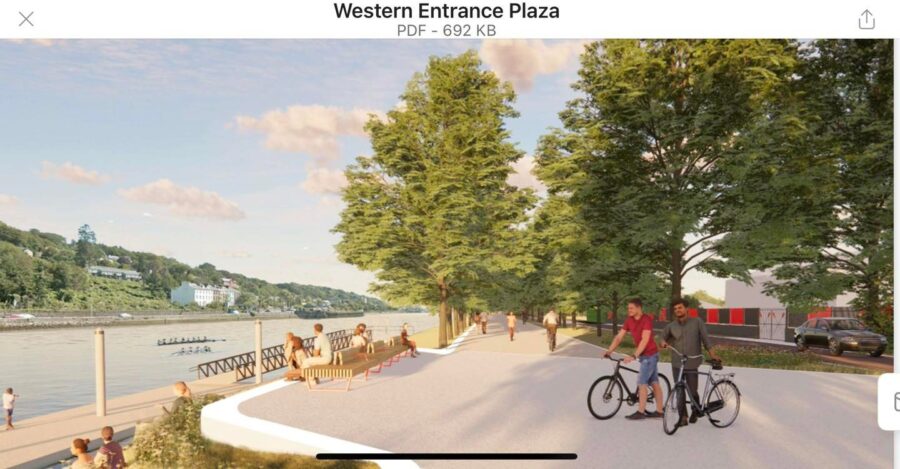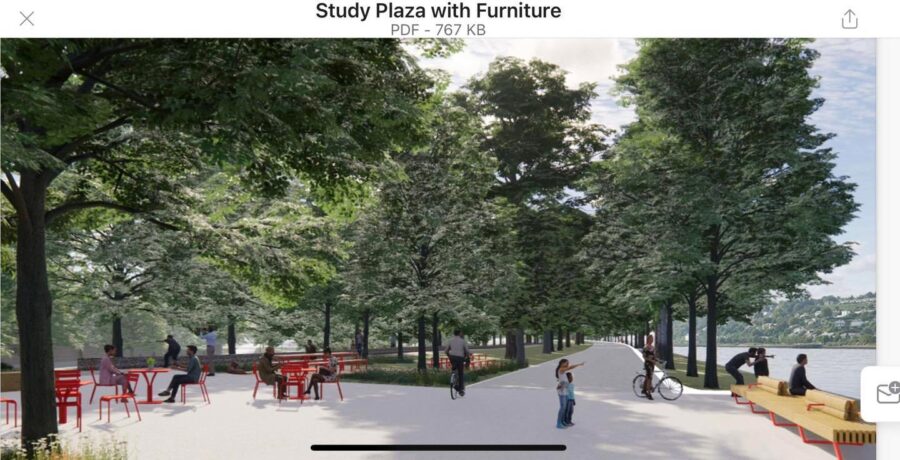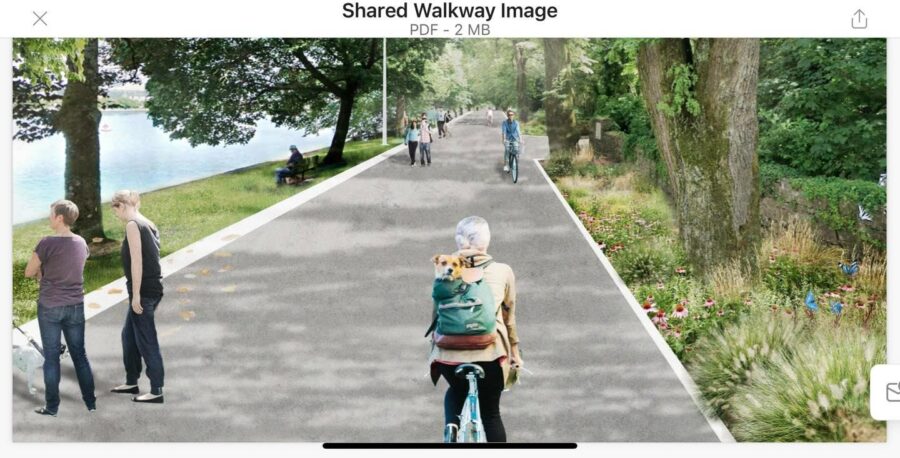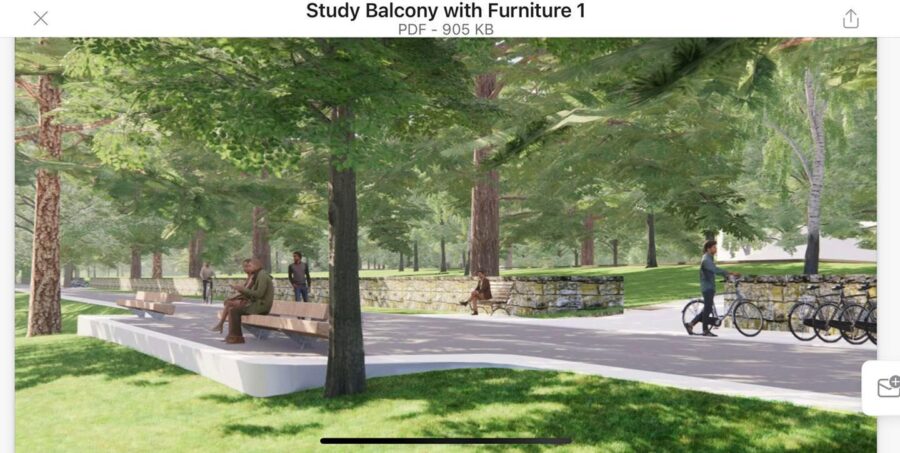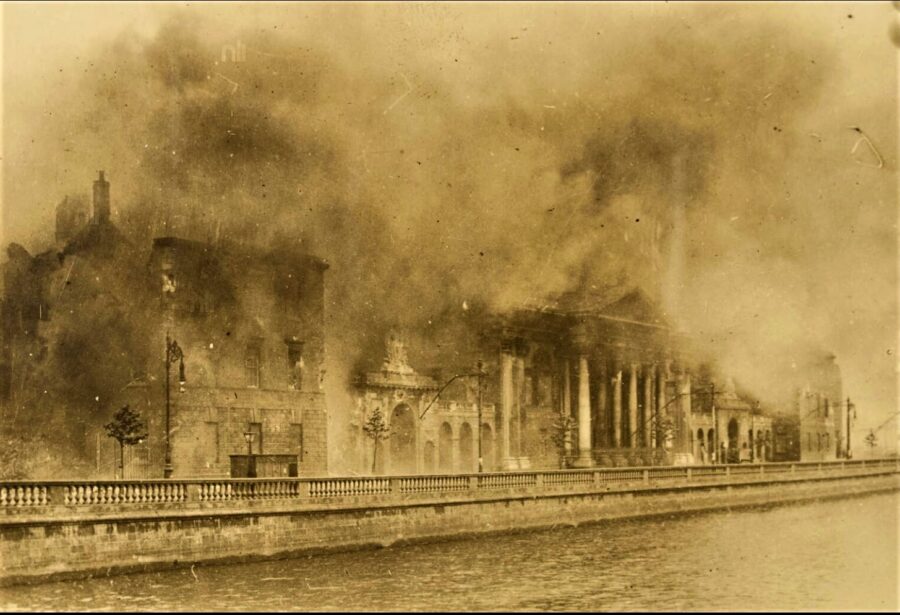
Kieran’s Our City, Our Town Article,
Cork Independent, 23 June 2022
Journeys to a Free State: General Election Fall Out
On Friday 16 June 1922, the 1922 Irish general election took place. The result of the election in Cork City was announced shortly before midnight on Saturday 17 June 1922. Some thousands of people waited to the hear the end result outside Cork City Courthouse. The first step was reached at 7.30pm, when businessman Mr Robert Day, having secured 6,836 votes, the quota being 6,070, was declared elected. At intervals afterwards Alderman De Róiste and Alderman JJ Walsh, having received the quota, were also safe.
Later Mary MacSwiney TD, though four short of the quota, secured the fourth place. The defeated candidates, next in order, were – Alderman Beamish, Mr Frank Daly, and the shock defeat of Lord Mayor of Cork, TD and Cllr Donal Óg O’Callaghan.
Poll topper Robert Day said that he was in the happy position of having to propose a vote of thanks to the Returning Officer and also to his staff. Mary MacSwiney said on behalf of the Republican candidates she wished to express her sincere thanks for the way the election had been carried out. At this stage cheers were raised for Mary by members outside the door of the Court house and another group called for cheers for ”the senior member for Cork” i.e Donal Óg O’Callaghan
In the days that followed, the 128 seats up for grabs in Dáil Éireann were filled. Out of a valid poll of 621,587 votes, the pro-Treaty faction of Sinn Féin won 239,195 votes and the anti-Treaty faction won 135,310 votes. The other parties and independents all supported the Treaty and secured a further 247,080 votes. The vote was seen as considerable in many ways but in essence the pro-Treaty parties had secured support from over 75% of the electorate.
On 21 June 1922 Éamon de Valera gave a formal statement on the election to the press such as the Cork Examiner: “These results seem indeed a triumph for the Imperial methods of pacification, outrage and murder and massacre, and then a threat with a concession – the policy of the kick and caress, with a kick in reserve. By the threat of immediate renewal of an infamous war our people harassed and weary, and fearful of chaos, have in a majority voted as England wanted, but their hearts and their aspirations are unchanged, and Ireland unfree will never be at rest or genuinely reconciled with England. England’s gain is for the moment only, and England’s difficulty will still be prayed for as Ireland’s opportunity”.
De Valera further articulated about patriotism and dying for Ireland; “The men and women who have been rejected by the electorate have gone down with their flag flying, untouched by prospect of place or power, true to their principles, true to every pledge and promise they gave, true to the dead who died for Ireland—with those hallowed names, theirs will forever be coupled in honourable mention, in one of the most glorious chapters in their nation’s story”.
As for the published Dáil Éireann Constitution, he said, it was still only a draft, and he felt confident Dáil would not pass it as it good. He claimed that as it stood it would exclude from the public services, and practically disfranchise every honest Republican. He noted: “It isa test code as comprehensive against Republicans as the last acts of the Clarendon-Shaftesbury code against Catholics and dissenters in the reign of Charles II. It is as Burke described the Irish Penal Code, a machine of wise and elaborate contrivance, a complete system well digested and well composed in all its parts, and particularly fitted to the end in view – the degradation of a people – directed not against the few but against the many. Dáil Éireann will not dishonour itself by passing it”.
Michael Collins remained quiet in the press up to after his election in his West Cork constituency. He did not formally respond to De Valera’s comments. However, the immediate aftermath of the general election result was that despite the pre-election coalition pact, the division between pro-treaty Sinn Fein members and anti-treaty members intensified.
On 28 June 1922, the Irish Civil War began, when the Irish Provisional Government’s troops began a shelling of the Anti-Treaty IRA’s ongoing take over of the Four Courts in Dublin. The Cork Examiner reported that there had been many casualties. Armoured cars, trench mortars, and machine guns were in action. Graphic accounts of the fighting were printed. The Provisional Government forces also seized the Fowler Hall. The building was besieged, and eventually set on fire. Telegraphic communication with Dublin continued, though irregularly, but the telephone service to the capital ceased A striking fact was that with the exception of the districts in which actual hostilities were taking place, business proceeded as usual.
At 6.30pm the Press Association stated that the Provisional Government had imposed a censorship on telegraphic messages. By 8pm breaches had been made in the river frontage of the Courts, and the Chancery Section and Library have been damaged by shells. During the evening there were a series of attacks on Provisional Government troops, who suffered six casualties in Oriel House, the headquarters of the attacked. Sniping operations extended throughout the city.
The shelling continued until 5 July 1922. At that point at least fifteen individuals were killed on the Republican side, with an unknown number wounded and over 450 individuals taken prisoner. On the Provisional Government National Army side, at least 29 were killed and over 150 were wounded.
Caption:
1156a. Fire and explosions – the shelling of Four Courts Dublin, late June 1922 (source: National Library of Ireland, Dublin).
